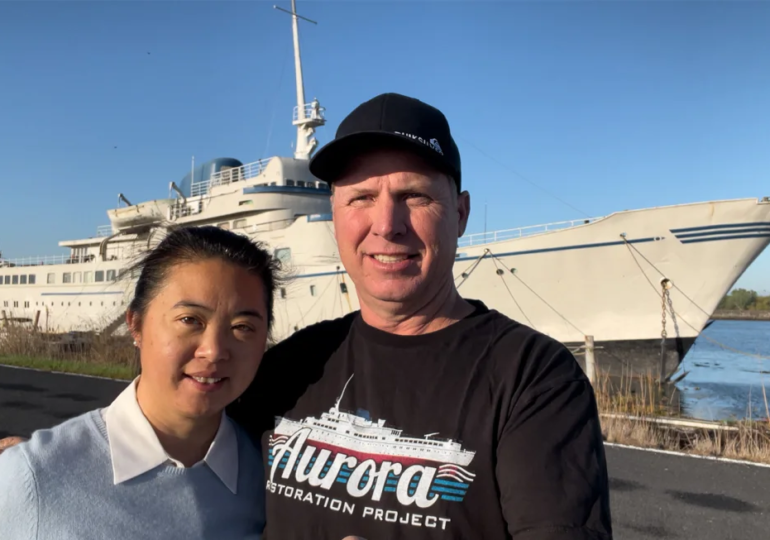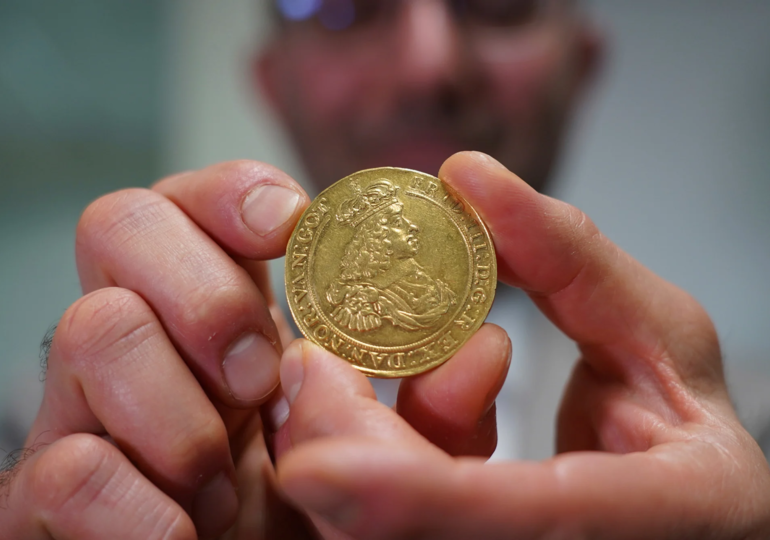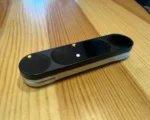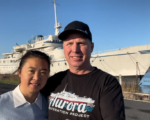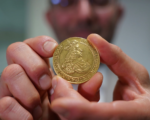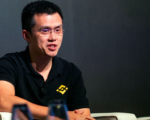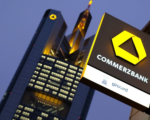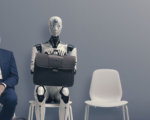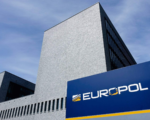Ultraleap is integrating haptic touch into cars and VR headsets
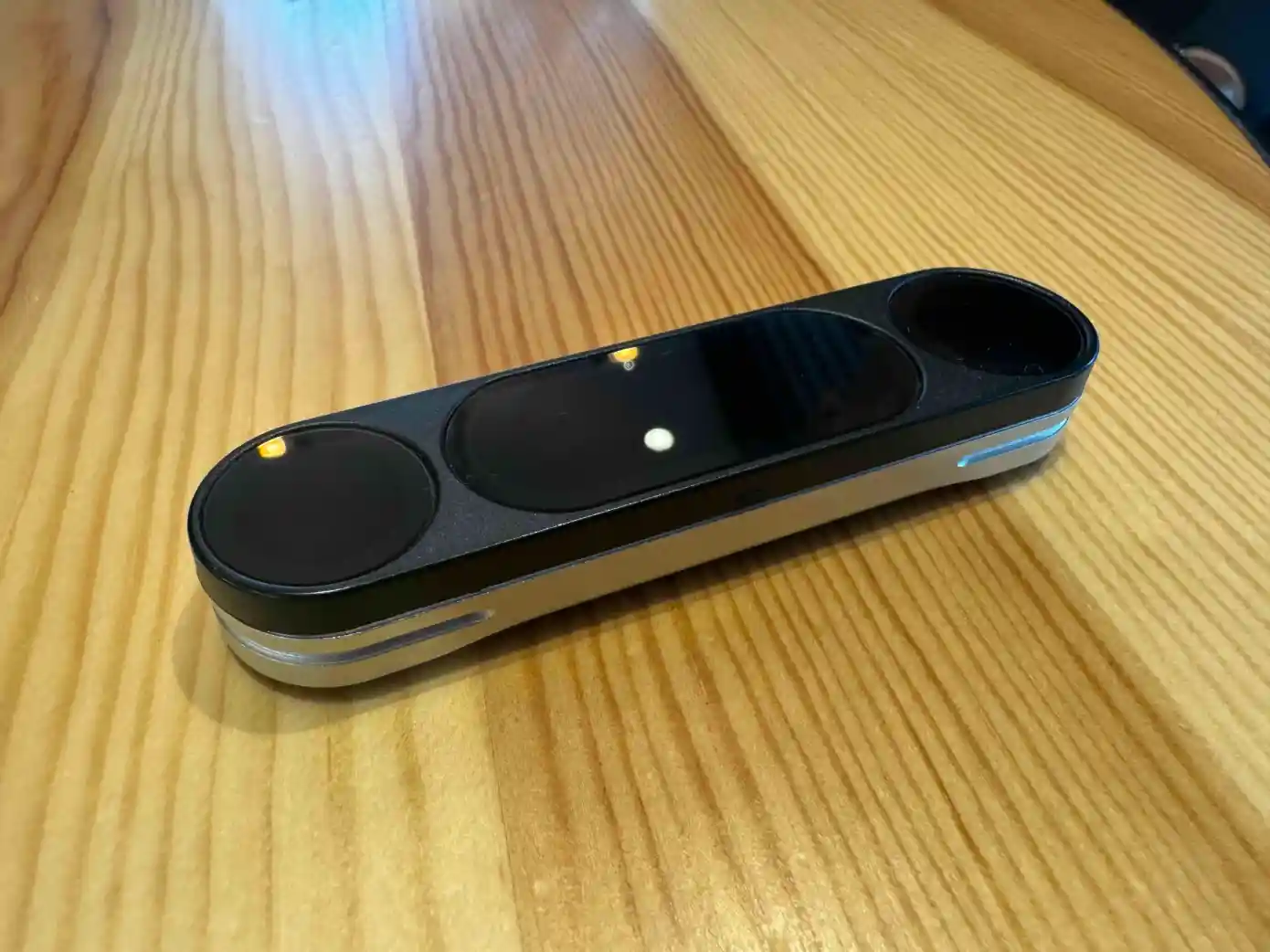
In May 2019, Ultrahaptics and Leap Motion merged to form Ultraleap (not to be confused with Magic Leap, which operates in the same space). This name change represented the union of two different yet related tech startups. Ultrahaptics took the lead in the merger, acquiring the hand-tracking firm for approximately $30 million.
Due to the COVID-19 pandemic preventing our meeting at CES, I caught up with co-founder and CEO Tom Carter at a quiet coffee shop away from the hustle and bustle of MWC 2024 to discuss life post-acquisition. Carter transitioned to the role of CTO of the new company after serving as CTO of Ultrahaptics for six years.
At the heart of the acquisition is a drive to integrate both companies’ existing technologies. The emerging field of extended reality (XR) is the initial focus. Carter remarked, “I think it’s a long-term vision for XR. It’s not really a vertical. It’s a lot of different things, and a long-term vision is interacting with 3D content.”
Leap Motion, founded in 2010, is the older of the two companies. Based in the Bay Area, the startup gained recognition for the Leap Motion Controller, a small peripheral equipped with IR cameras and infrared LEDs for hand tracking. The company pivoted toward VR as a primary use case shortly after Oculus shipped its first headset to Kickstarter backers.
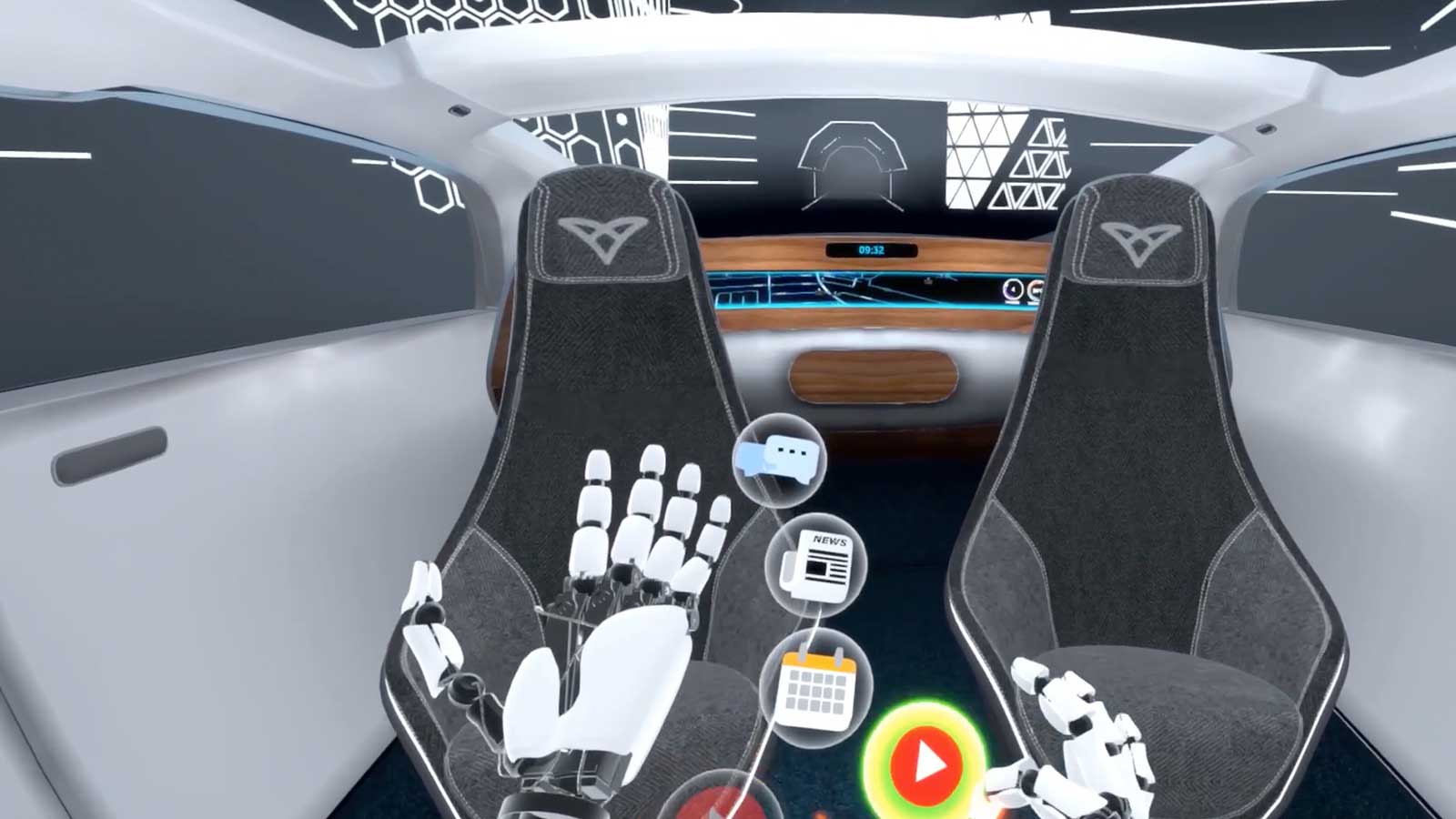
Initially designed to be mounted on the front of a VR visor, Leap Motion’s early product lacked elegance. Ultimately, its initial hype didn’t translate into sustained success, partly due to many companies opting for in-house hand-tracking solutions.
Ultrahaptics, founded three years after Leap Motion by University of Bristol students, employs ultrasound waves to generate tactile feedback. The technology is initially targeted at two verticals. The first is automotive, utilizing a console-based speaker that emits upward to provide tactile feedback to in-car heads-up displays, accomplished through direct partnerships with car manufacturers.



